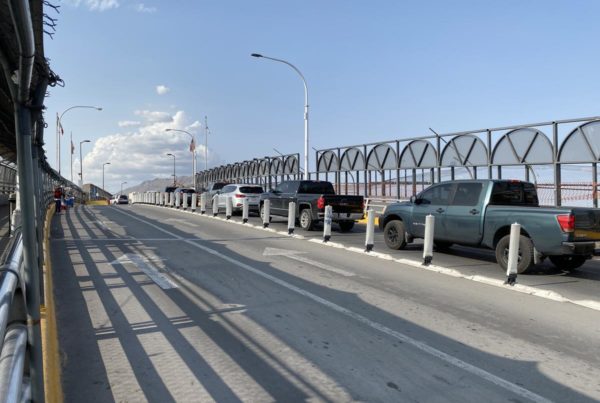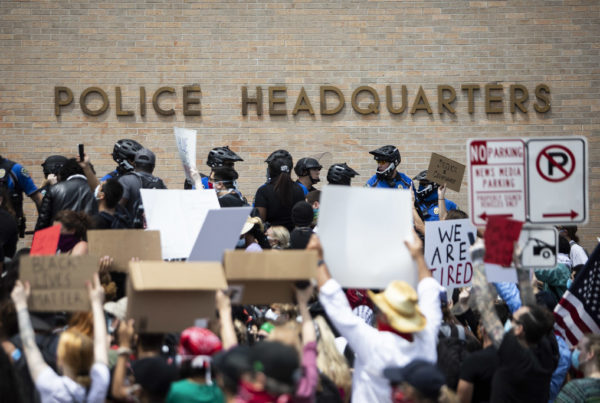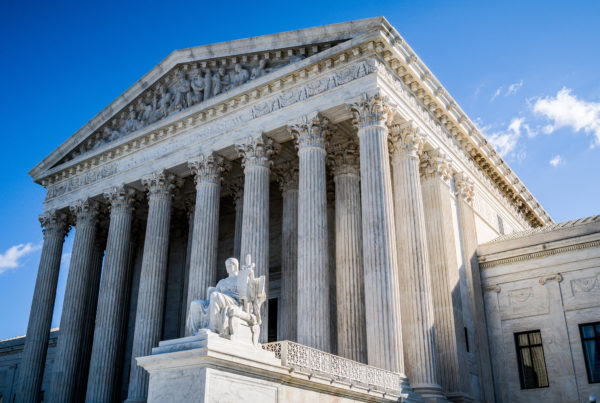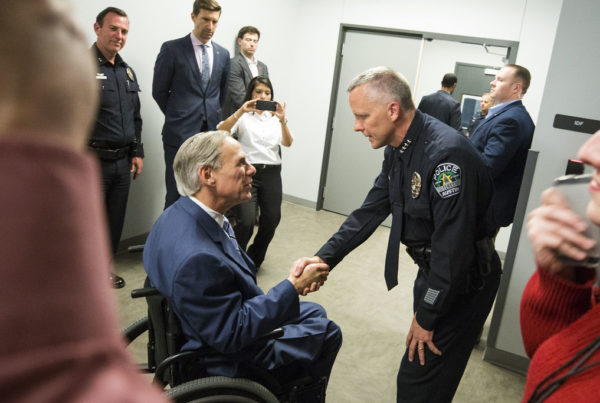A Thursday press conference with Texas Gov. Greg Abbott could offer a glimpse into Texas Republicans’ priorities for the upcoming 2021 legislative session. Abbott talked about supporting law enforcement and changing laws so that protesters could face harsher punishments for rioting.
Abbott’s stance is similar to that of President Donald Trump and other Republicans who are focusing on law and order themes during this election cycle, says Bob Garrett, Austin bureau chief for The Dallas Morning News. Garrett said through legislation, Abbott could “upgrade punishments” for things like harming property and police by making them felonies.
“We’ll see if it leads to mass incarceration 20 years later, but maybe only if we have a lot of domestic unrest,” Garrett said.
But the pandemic will also, undoubtedly, play a role in the upcoming legislative session. For one thing, there will likely be fewer open committee rooms in the Capitol to limit spread of the coronavirus. The upshot could be lawmakers won’t waste time on divisive bills that have little chance of passing, Garrett said.
He also said that the push-pull between the state and local governments during the pandemic could influence Abbott’s legislative priorities. Abbott often resisted, or nullified through executive order, orders by county judges that placed strict rules about face masks and social distancing.
“This Republican legislature will look back, I think, at the powers of county judges during emergencies,” Garrett said.
Even if Democrats gain a larger share of the statehouse after November, both parties will still need to hash out the next biennial budget, which will have to account for billions of dollars in lost revenue because of the pandemic. Some of the state’s rainy day fund could cover that shortfall, but not all of it.
“We have a little bit more than $8 billion in the rainy day fund after some required transfers, and the shortfall could be $10, $15, $20 billion,” Garrett said.
Texas may even consider expanding the state Medicaid program to cover the shortfall – something Democrats have been urging for years but that also depends on whether the U.S Supreme Court upholds the Affordable Care Act.















